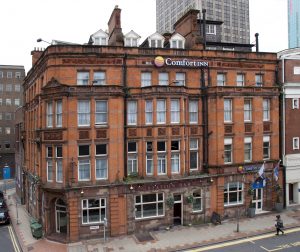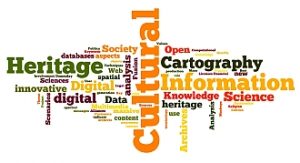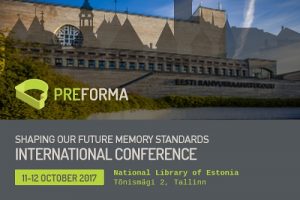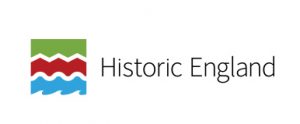Call for Papers for the next ICOM-CIDOC Conference entitled The Provenance of Knowledge.
Where and when: Heraklion, Crete, 29 September – 4 October 2018.
Deadline for conference proposals (presentations, workshops and case studies): 28 February.
Conference theme
‘As an essential aspect of documentation, Provenance of Knowledge refers to the attempt to trace the origins of the information and knowledge about an object, an entity or an idea in order to reconstruct the whole chain of creation, use, interpretation and dissemination of relevant information and knowledge.
The ultimate purpose of this reconstruction is to confirm, illustrate, and validate the information and knowledge contained in the documentation in order to facilitate understanding across times and cultures. In this way, it contributes to scholarly citation in information handling while connecting all the material evidence kept in museums and other memory institutions.
The validation of information and knowledge has been greatly helped by the increasing use of digital technologies in documentation. However, this advancement in documentation has created new difficulties as the abundance of the available information makes it difficult to introduce standards and processes to model and maintain the development and validity of documented information.
The 2018 CIDOC conference aims at supporting museums by deepening the understanding of documentation as a means of knowledge preservation, dissemination and exchange.’







